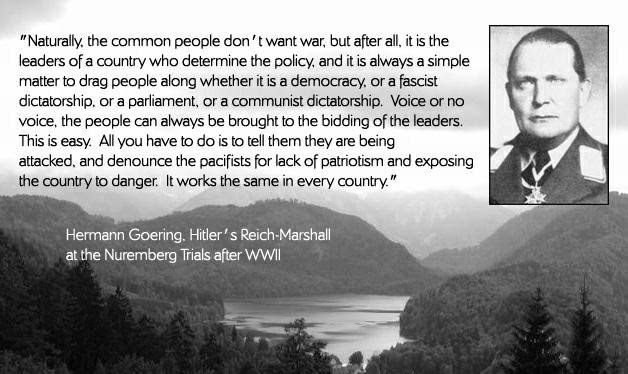Week 17: Mar 7-Mar 11 Easton and Caden
Main topics we covered in class:
- Overthrowing a government
-What is the motivation for someone to overthrow a government?
-What is the method they use to overthrow? (violence, peaceful
Protest, media)
- What obstacles may they face?
- What system do you replace the government with?
- The War Measures Act
- The War Measures Act was a federal statute adopted by Parliament in 1914, after the outbreak of the First World War. It gave broad powers to the Canadian government to maintain security and order during war or insurrection.
- What is more important Security or Freedom?
- The Canadian Charter of Rights and Freedom
-The Canadian Charter of Rights and Freedoms is a bill of rights
entrenched in the Constitution of Canada.
- It exclaims all Canadian citizens rights and freedoms.
- It supports different cultures as well as language rights and helps
support a domestic society.
-It has many criticisms though, (Causes disputes, Does not help
with health and social rights, Does not give power to elected
officials.)
Other work done in class:
- Introduction to the complexities of Modern Liberalism
Assignment:
- Planning your overthrow- Mind Map
- Creating and finishing our overthrow presentations
- Create a real or fictitious government to be overthrown.
Explain:
- What type of government is in place
- Who will overthrow the government
- What is their motivation to overthrow the government
- What method will they use to overthrow
- What obstacles will get in their way
- What system do they put in place
- Watching Hunger Games and understanding how it relates to Social 30. Ex: Sparks fear to the people, too much gov’t power, citizens against the gov’t, leading to possible overthrow.
- Virus outbreak worksheet (The government needs your suggestions in solving the following problems with this outbreak)
Additional Resources:
